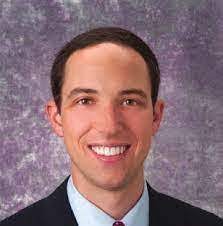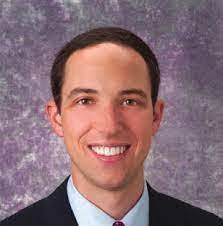In the realm of healthcare, psychiatrists are the unsung heroes dedicated to safeguarding our mental well-being. Dr Michael Hilton, a distinguished psychiatrist, sheds light on the diverse facets of this medical specialty, aiming to break the barriers surrounding mental health conversations.
Preserving Brain Health: Psychiatry’s Vital Role
Much like cardiologists focus on heart health and pulmonologists address lung diseases, psychiatrists, led by professionals like Dr Michael Hilton, are the guardians of brain health. They specialize in studying and promoting mental well-being, delving into abnormalities that might disrupt the delicate balance of our minds. Despite the ubiquity of mental health issues globally, societal taboos often shroud psychiatry, hindering a full understanding of the crucial role psychiatrists play in enhancing our mental aspects.
The Breadth of Psychiatric Treatment: Beyond Taboos
Contrary to misconceptions, psychiatrists treat a broad spectrum of serious and prevalent pathologies. Conditions such as depression, anxiety, phobias, eating disorders, bipolar disorder, schizophrenia, and borderline personality disorder fall under their purview. Dr. Michael Hilton emphasizes that psychiatrists, working alongside psychologists, form a dedicated group of mental health professionals committed to preventing, detecting, and treating mental and emotional disorders.
Neurodevelopmental Disorders: A Starting Point
The classes of mental illnesses are diverse, with neurodevelopmental disorders initiating in childhood. Dr Michael Hilton highlights examples like autism spectrum disorder, attention deficit hyperactivity disorder (ADHD), and learning disorders falling within this category. Psychotic disorders, characterized by a loss of contact with reality, include schizophrenia, presenting delusions, hallucinations, and disorganized thinking and speech.
Bipolar Disorder and Depressive Disorders: Alternating Episodes and Emotional Impact
Bipolar disorder, marked by alternating episodes of mania and depressive disorders influencing emotional well-being, are also part of the mental health spectrum. Dr. Hilton notes that these conditions can significantly impact daily functioning, necessitating the expertise of psychiatrists for accurate diagnosis and effective treatment.
Psychiatric Medications: Enhancing Symptom Management
While psychiatric medications may not cure mental illnesses, they play a crucial role in symptom management. Dr. Michael Hilton stresses that these medications, when prescribed correctly, can significantly improve symptoms and complement other treatments like psychotherapy. Antidepressants, commonly prescribed for conditions like depression and anxiety, target symptoms such as sadness, hopelessness, lack of energy, and difficulty concentrating.
In conclusion, psychiatry, as exemplified by professionals like Dr. Michael Hilton, is a vital medical specialty dedicated to unraveling the complexities of the mind. By dispelling taboos and promoting awareness, these mental health professionals contribute significantly to the well-being of individuals globally. From neurodevelopmental disorders to depressive conditions, the field of psychiatry remains instrumental in fostering a society that prioritizes mental health and recognizes the importance of seeking professional guidance when needed.



